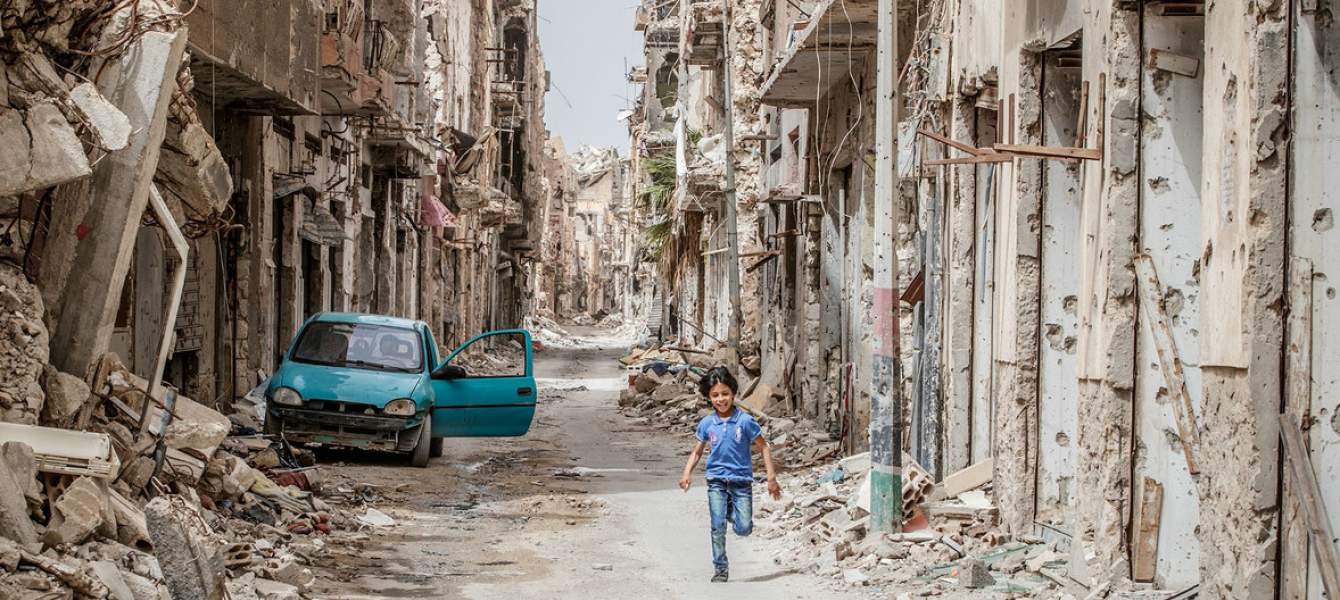-
Libya has experienced a decade of conflict and foreign interference
-
Several countries have reopened embassies since Libya’s new government took power
Libya, which has experienced a decade of conflict and foreign interference, on Sunday received support from Qatar for its internationally backed political process that aims to help it out.
Qatari Foreign Minister Sheikh Mohammed bin Abdulrahman Al-Thani was, on a visit to the Libyan capital Tripoli, quoted by reports as saying: “We support the UN-sponsored political process in the hope that it preserves the territorial integrity of Libya and prevents foreign interference in its affairs.”
“Our exchanges were fruitful, in particular in support for the transition process in Libya… Qatar’s position is firm,” he told reporters, standing alongside his Libyan counterpart, Najla al-Mangoush.
Since Libya’s new government took power, several countries have reopened embassies, and Mangoush said she hoped that Doha would soon follow suit.
“I think I have had good news,” Mangoush added, without providing further details.
The toppling and killing of dictator Moamer Kadhafi in a 2011 NATO-backed uprising plunged Libya into a bloody, decade-long struggle for power.
But in October, rival groups signed a truce, setting in motion a UN-led process.
Libya’s interim unity government came into being in March — replacing two rival administrations, one based in the capital Tripoli and the other in the country’s east — to lead the country to elections in December.
Qatar, along with Turkey, had backed the government in the west of Libya, while countries including the United Arab Emirates, Russia and Egypt had backed the eastern forces.
According to the UN, more than 20,000 foreign mercenaries and military personnel are still in Libya. They include Turkish, Russian, Sudanese and Chadian mercenaries.







